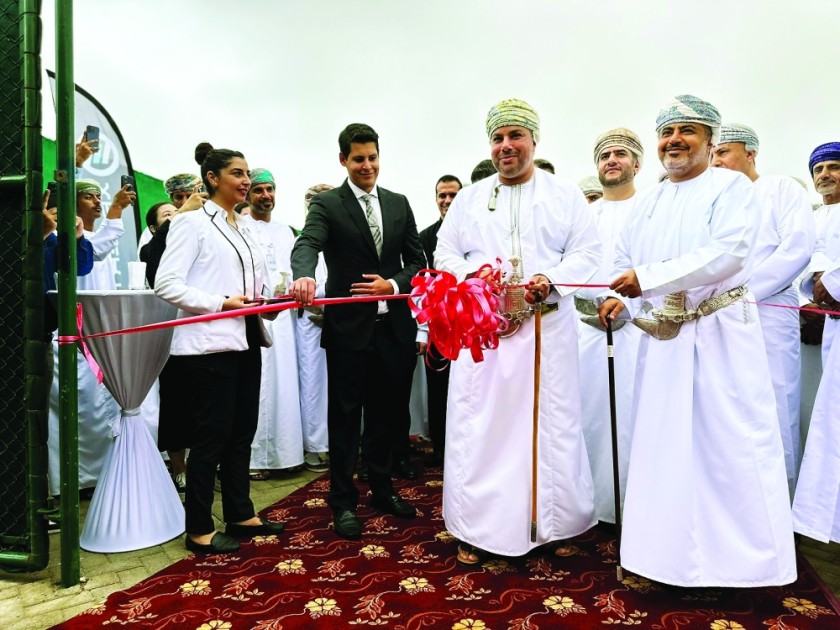
In a sudden and unconventional move, the state of Oman has made a dive into the world of cryptocurrency with an ambitious investment of $1.1 billion into establishing a stable infrastructure for mining Bitcoin.
In his announcement, H.E. Sheikh Mansour Bin Taleb Bin Ali Al Hinai, chairman of the Oman Public Services Regulation Authority, spoke of Oman’s aspiration to diversify its economy, which has historically been powered by oil, through the integration of modern technologies.
“At first glance, the convergence of Oman’s conservative ethos and the disruptive nature of bitcoin mining might seem incongruous. However, as we delved into the complexities of Bitcoin and its underlying technology, we realized that it could harmonize with our traditions and align with our principles”, he said.
The announcement was made as an agreement was signed to develop a 150-megawatt mining farm in Green Data City in the capital of Oman, Muscat, by Abu Dhabi-based mining firm Phoenix Group. The investors committed $360 million for the project.
This will be the third Bitcoin plant in Oman. Two weeks ago, the Oman Daily Observer reported the opening of a mining plant in the country's Salalah Free Zone, by Exahertz, a local startup working with mining firm Moonwalk Systems. The first mining project, also implemented by Moonwalk, opened in Oman in November 2022. The investment in these two projects is estimated at $800 million

To observers, it will be clear why the state of Oman has decided to make this move. The country is taking aim at the future of the digital economy—an exciting and dynamic entity.
“Bitcoin represents much more than a digital currency. Its open ledger system is a significant leap for civilization, ushering in a new era of transparency and innovation,” said Jad Fredrick Kharma, CEO of Exahertz.
Oman is not the coolest region for bitcoin mining (some of the electricity cost of mining goes towards the cooling equipment), yet due to its energy resources, the cost of mining one bitcoin in Oman is estimated at $12,000, which is as much as twice lower than in U.S. and comparable with such mining spots as Kazakhstan.
If completed, the total bitcoin mining capacity of Oman will be at around 800MW, making it the third largest in the world after U.S. (3,000-4,000 MW) and Russia (1,000 MW).
Through this investment, Oman is also following in the footsteps of other Arab League countries like Saudi Arabia, Qatar, and the United Arab Emirates, all of which have made significant efforts in recent years to diversify their economies away from their reliance on oil. The difference is that these other nations have focused on tourism and real estate.
The impact of the $1.1 billion investment on Oman itself could be far-reaching. It will likely increase awareness about Bitcoin in the region, further increasing its adoption, both locally and worldwide.

